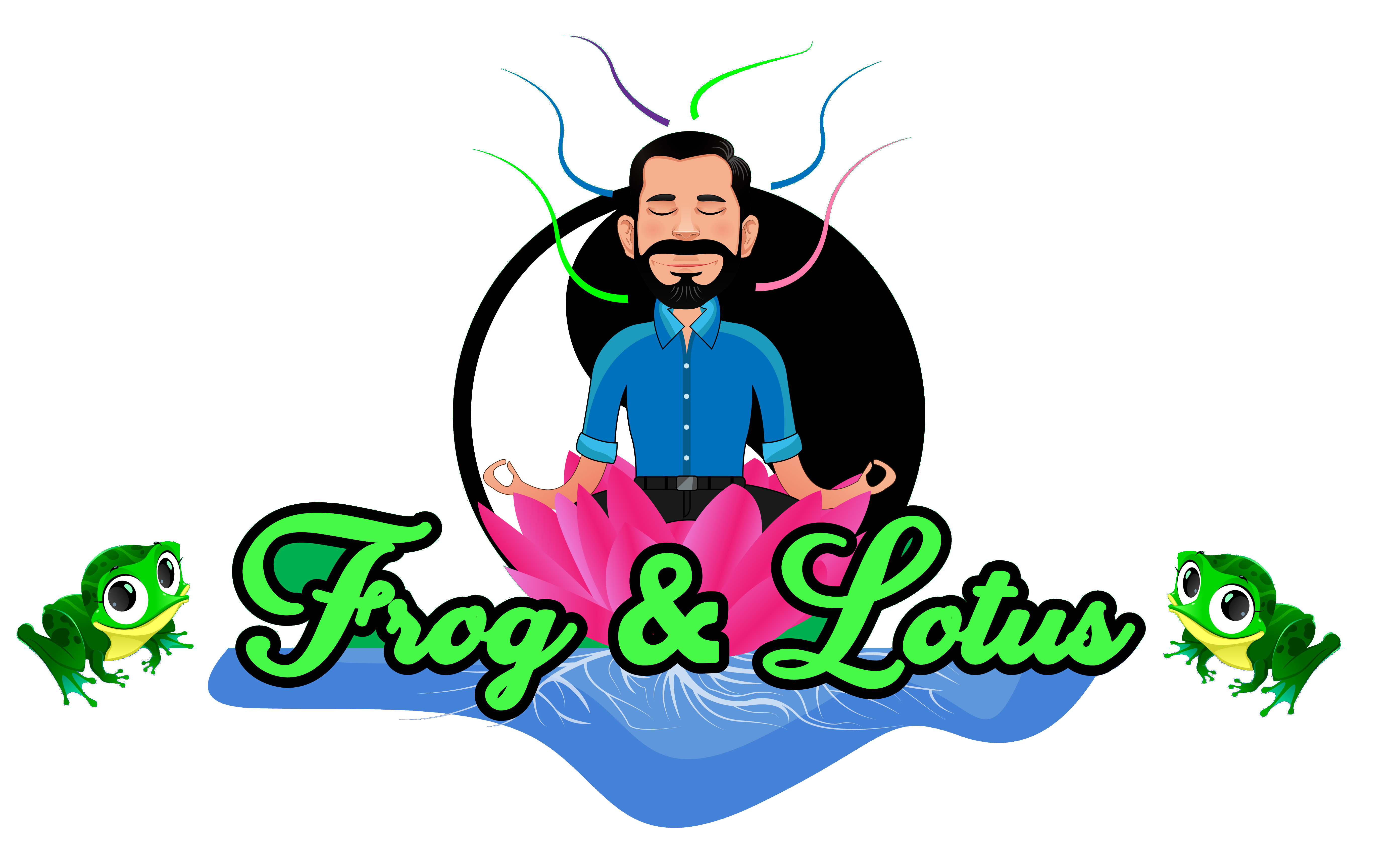There is an old Zen tale about two travelling monks, told in many variations, but paraphrased here based on one from the children’s book, Zen Shorts, by Jon J. Muth. Along their path the monks come to an area where heavy rains created deep puddles across the road. There waited a young woman standing at the water’s edge, impatiently complaining about not being able to cross without spoiling her silk robe. She was very angry and scolded her attendants for not helping her cross. The younger monk walked right past her, stepped into the puddles and crossed to the other side. The older monk then quickly picked up the woman onto his back and carried her across. When he put her down, she huffed and went on her way without a thank you. As the monks continued along, about three hours later the younger monk commented to his elder, “That woman back there was so rude and unkind. You helped her cross through the water, yet she didn’t even say thank you!” The elder monk replied, “I put her down hours ago. Why do you still carry her?”
This is a story about resentment that is carried far longer than it should be. At times, we all carry grievances just like the young monk did, not recognizing that it’s possible to simply just put them down. There is a tool available to all of us called forgiveness and I think it might be just a bit misunderstood in our modern society.
Oxford Languages defines forgiveness as the process of forgiving or being forgiven. (Doesn’t it rub you the wrong way when they use a word to define a word? That’s okay, we’ll forgive them.) On further look, the site defines the word forgive as a verb that means, “to stop feeling angry or resentful toward (someone) for an offense, flaw or mistake.” We can simply put down our resentments, like the monk put down the angry woman. There was nothing required from her. He just put her down and kept walking.
Would you agree that there is misguided perception in our society that suggests forgiveness is about letting someone off the hook for a misgiving after they’ve shown remorse or said they are sorry? That’s not what the above definition is saying. If forgiveness is simply about ceasing to feel resentment, it really doesn’t matter if the other person has shown remorse or apologized. Often times, we carry grievances or resentments towards another person and they don’t even realize it! Was the rude woman in the silken robe thinking about the two monks three hours later? Doubtful! Was she remorseful about her behavior? It doesn’t matter!
Forgiveness is letting go. It does not require any words or actions from anyone else. You alone choose to forgive and when you do you become free of the resentment you carry. What incredible freedom this is! Why would we want to carry around grievances that make us angry and bitter when we have the power to simply stop and just put them down. In yesterday’s post, the boy in the Metallica video carries resentment into adulthood and dies a hardened old man, never putting it down. He could have freed himself. He could have just chosen to forgive.
Lesson 62 in A Course in Miracles says, “Forgiveness is my function as the light of the world,” and Lesson 68 goes further saying, “Love holds no grievances.” As humans we are capable of carrying resentments toward ourselves and others. Forgiveness works both ways. Not only can we drop resentments about others, but we can stop feeling resentment, or judgments about ourselves. Our personal inner freedom need not depend on the remorse or apologies of others. We can find peace by simply putting down our resentments and continuing along the path with a lighter load. We can forgive.
Photo by Gus Moretta on Unsplash


